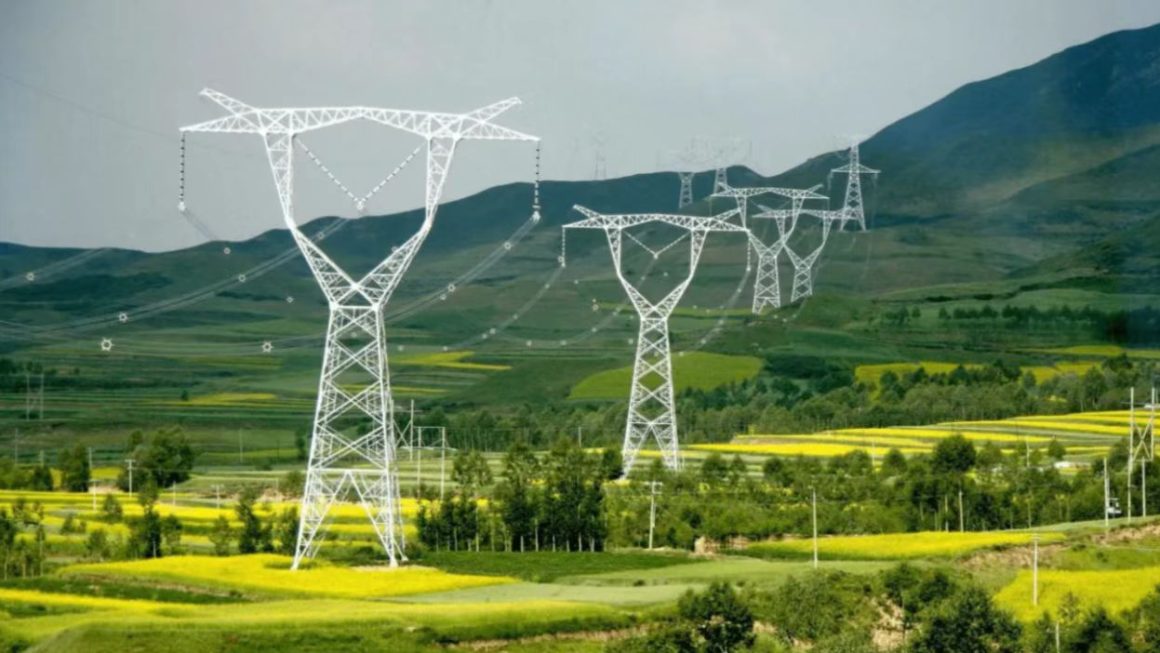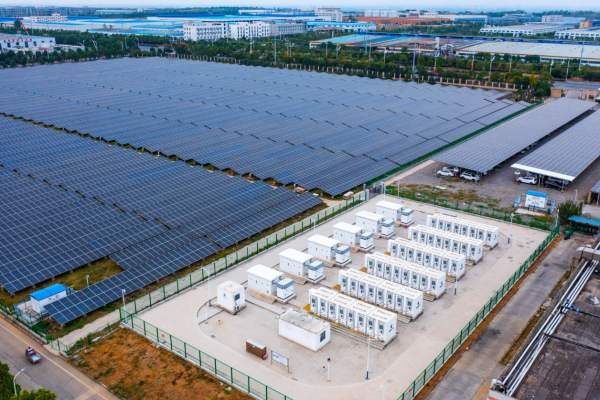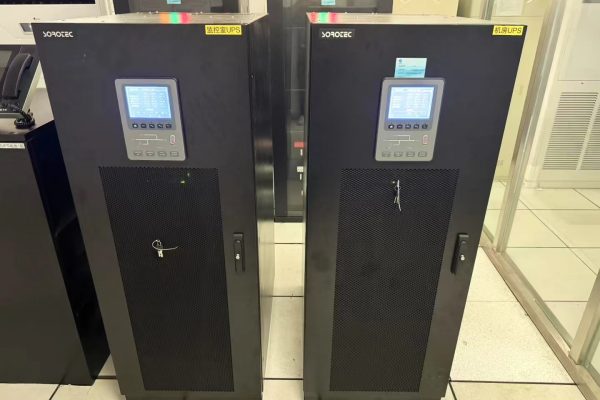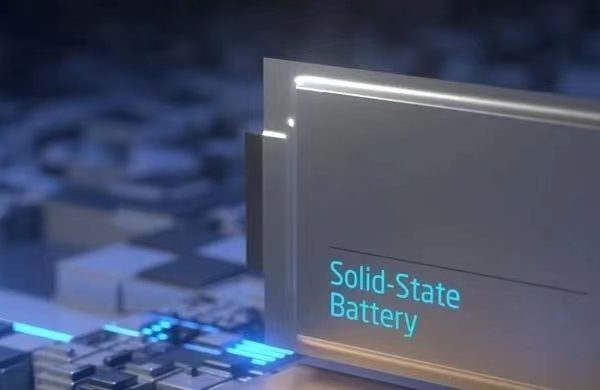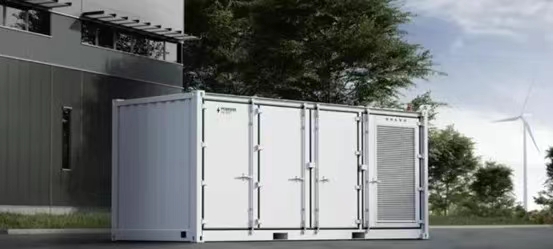What Makes a Solar + Storage Unit Truly Export-Ready?
As the global market evolves toward integrated energy systems, “light-storage systems”—also known as all-in-one PV + battery + inverter products—are gaining popularity. These compact solutions are ideal for residential and small commercial use, especially in off-grid or weak-grid regions.
But exporting these systems across borders introduces one major challenge: certifications.
Without the correct approvals, your shipment may get stuck in customs, be denied grid connection, or simply be disqualified in tenders. In this guide, we’ll break down what certifications really matter, which are mandatory in different regions, and how to make your integrated solution truly export-ready.
🔧 What Is an Integrated Light-Storage System?
Before diving into certifications, let’s define what we’re talking about:
An integrated light-storage system typically includes:
- Solar charge controller or MPPT inside
- Inverter (hybrid or off-grid)
- Battery pack (often LFP)
- Basic EMS/BMS
- AC/DC interface panel or distribution box
- Monitoring (Wi-Fi, RS485, CAN)
- All enclosed in a cabinet or wall-mountable housing
Because of the tight integration, certifications must cover multiple functions in a single unit.
🌍 Core Certifications (Global or Universal)
These apply to most countries and are often minimum requirements for global shipping.
1. CE Marking (Europe / General Export)
- Covers EMC, LVD, and safety
- Mandatory for products entering the EU
- Applies to inverters, batteries, enclosures, and more
- Must come with a Declaration of Conformity (DoC)
✅ Tip: Many countries outside Europe also accept CE as a basic requirement.
2. IEC Standards (System-Level + Component)
For Inverters:
- IEC 62109-1/2 – Safety of power converters
- IEC 61000-6-1/2/3/4 – EMC performance
- IEC 62116 – Anti-islanding protection
For Batteries:
- IEC 62619 – Safety of Li-ion cells and packs
- IEC 62040 – UPS or ESS testing
- IEC 63056 – General Li-ion system safety
⚠️ Note: A certified system must use certified components—substitutions can invalidate your compliance.
3. UN38.3 (Battery Transport Safety)
- Required for air and sea freight
- Covers vibration, shock, short-circuit, overcharge, etc.
- Must include test summary from recognized lab
- Even samples can be rejected by carriers without this
4. RoHS (Restriction of Hazardous Substances)
- Commonly required in Europe, UAE, India
- Confirms no use of lead, mercury, cadmium, etc.
- Especially important for electronics and PCB-heavy devices
🏡 Grid Compliance Certifications (Region-Specific)
These are mandatory if the system connects to the grid or participates in net metering programs.
🇺🇸 United States
- UL 1741 / UL 1741 SA – For inverters and ESS
- IEEE 1547 – Grid interconnection rules
- California Rule 21 / HECO / SRP – Utility-specific
- UL 9540 / UL 9540A – Fire safety for ESS (increasingly mandatory)
🔍 UL certification is expensive, but opens access to U.S. market and government incentives.
🇬🇧 United Kingdom
- G98 / G99 Certification – Grid connection for microgen
- G99 needed for >3.68kW single-phase or >11.04kW three-phase
- Systems must pass specific tests: frequency response, protection, fault ride-through
⚡ Many importers now reject systems without G99 registration.
🇦🇺 Australia
- AS/NZS 4777.2 – Inverter performance & protection
- CEC (Clean Energy Council) Listing – Required for solar rebates
- AS 5139 – Battery installation safety
- AS 62040 – Power conversion equipment
📦 No CEC listing = no rebate = harder to sell.
🇿🇦 South Africa
- NRS 097-2-1 – Inverter compliance
- SANS 10142 – Wiring code
- IEC standards are accepted with local testing approval
💡 Many rural deployments use off-grid mode, but compliance still builds trust.
🔌 Optional but Valuable Certifications
🔥 Fire Testing & Safety
- UL 9540A (North America)
- EN 50604-1 + EN 60086 (Europe)
- CNAS-approved battery testing (China)
🌐 Communication Protocol Testing
- MODBUS TCP/RTU
- CANopen compatibility
- Sunspec (for inverter monitoring)
📶 Telecom or Wi-Fi Certification
- FCC (U.S.)
- RCM (Australia)
- SRRC (China)
- RED Directive (EU)
📱 Useful when exporting products with built-in Wi-Fi monitoring.
🧩 What to Ask Your OEM or Factory?
Whether you’re sourcing from a partner or rebranding under your own name:
- Are the inverter, battery, and BMS separately certified?
- Has the whole system been tested as one unit?
- Can you provide full test reports and not just the certificates?
- Are certifications in your brand name, or only OEM?
❗ Exporters often run into customs delays due to missing documents, not bad products.
📋 Checklist: Minimum Documents to Keep on File
| Document | Use Case |
|---|---|
| CE Declaration of Conformity | EU/EMEA market |
| UN38.3 test summary | International shipping |
| IEC / UL test reports | System integrity |
| G99 / IEEE 1547 approval | Grid-tied regions |
| Product datasheet | Client and customs reference |
| Installation manual | Installer readiness |
Integrated PV + Storage systems may seem plug-and-play, but compliance is not optional—especially for global trade. Whether you’re shipping to Germany, Kenya, Chile, or Thailand, the right certifications are the key to fast customs clearance, grid connection, and long-term trust.




